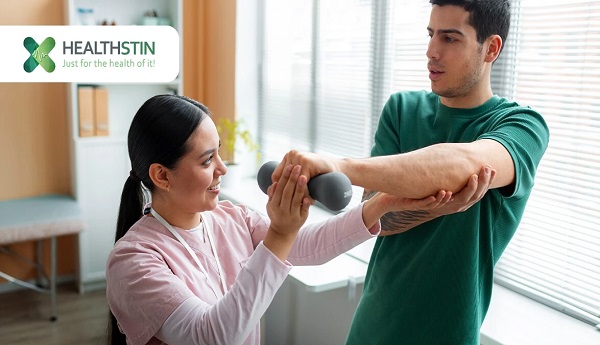The pursuit of fitness and well-being is a fundamental human right, regardless of ability. While the importance of exercise for overall health is universally recognized, the level of inclusivity and support for individuals with disabilities varies significantly across countries. This article explores how different nations are addressing the need for accessible and effective fitness programs for people with disabilities.
United States
In the United States, the Americans with Disabilities Act (ADA) mandates that fitness facilities be accessible to people with disabilities. However, the quality and availability of specialized programs can vary widely. Some gyms and community centers offer adaptive fitness classes and equipment, while others lack the resources and expertise to cater to diverse needs. Non-profit organizations like the National Center on Health, Physical Activity and Disability (NCHPAD) play a crucial role in promoting inclusive fitness by providing resources, training, and advocacy.
United Kingdom
The UK has seen a growing movement towards inclusive fitness in recent years. Initiatives like the English Federation of Disability Sport (EFDS) and the Activity Alliance have been instrumental in raising awareness and providing resources for fitness professionals to create more accessible and inclusive environments. Many gyms and sports clubs now offer specialized programs for people with disabilities, including wheelchair basketball, adaptive yoga, and seated exercise classes.
Canada
Canada has a strong commitment to accessible recreation, with the Canadian Disability Participation Project (CDPP) leading the way in research and advocacy. The CDPP has developed resources and training programs to help recreation providers create inclusive environments and programs for people with disabilities. Additionally, many community centers and fitness facilities offer adaptive equipment and specialized programs, making fitness more accessible for all.
Australia
Australia stands out as a global leader in providing comprehensive and personalized fitness support for people with disabilities. The National Disability Insurance Scheme (NDIS) funds a range of services, including exercise physiology, for eligible individuals. NDIS exercise physiologists are university-qualified allied health professionals who specialize in developing tailored exercise programs for people with disabilities.
These programs take into account individual needs, goals, and health conditions, ensuring that exercise is safe, effective, and enjoyable. NDIS exercise physiology not only improves physical health but also addresses mental and emotional well-being, helping individuals with disabilities live fuller and more active lives.
A Global Movement Towards Inclusivity
While the landscape of inclusive fitness varies across countries, there is a growing global movement towards creating more accessible and supportive environments for people with disabilities. From specialized programs and adaptive equipment to government-funded, the world is slowly but surely recognizing the importance of ensuring that everyone has the opportunity to pursue a healthy and active lifestyle.
The success stories of individuals with disabilities who have achieved remarkable feats in sports and fitness serve as a powerful reminder that with the right support and resources, anything is possible. As the world continues to embrace inclusivity, we can look forward to a future where fitness truly is for everyone.

